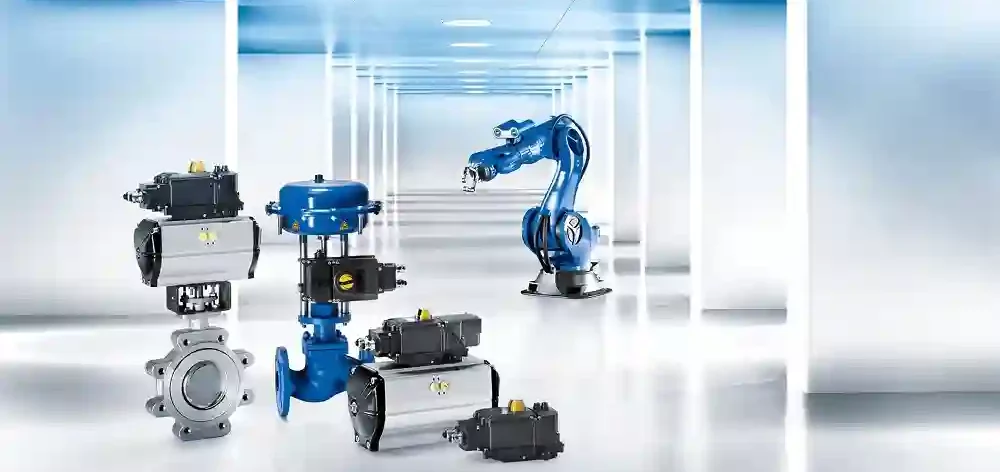Controlling critical fluids in industrial systems is impossible without a suitable valve. Many kinds of valves – like the ball, radiator, or pressure vacuum valve – suit a diverse range of applications.
Valve selection is crucial to the safety and performance of industrial fluid systems. But to the untrained eye, all valves – whether a regular or butterfly valve – seem to have the same purpose, and that is to control critical fluids.
There are multiple reasons why valve selection is thorough; below are several important reasons why you must choose the right valve for your application:
- Fluid Control
The main purpose of valves is to control the flow of critical fluids. Without the appropriate valves, your system could underperform and lead to safety issues.
It is always best practice to obtain the correct valve for your machinery to ensure precise control. Proper valve selection also helps the system deliver the appropriate quantity of fluids at the right rate.
Fluid control is a pivotal aspect of various industrial and engineering processes, where the selection of appropriate critical fluid valves plays a fundamental role. These valves, integral in regulating and directing the flow of liquids and gases, must be chosen with precision to ensure efficiency, safety, and reliability. The right valve not only optimizes flow control but also minimizes the risk of leaks and operational failures, which are crucial in high-stakes environments like chemical plants, oil refineries, or pharmaceutical production. Factors such as material compatibility, pressure ratings, valve type (e.g., ball, gate, or butterfly), and response time are critical considerations. Additionally, the valve’s design must align with the specific characteristics of the fluid it will control, such as viscosity, temperature, and corrosive properties. This strategic selection ensures uninterrupted and efficient process operations, safeguarding both the quality of the output and the safety of the operating environment.
- Safety
Every aspect of industrial fluid systems requires meticulous safety inspection. Besides providing sufficient fluid control, valves play an essential role in safeguarding from the hazards of critical fluids.
Critical fluids are dangerous when not handled carefully. Through the right valve selection, you can enhance protection from safety risks, such as thermodynamic and mechanical hazards. The best valves come with plenty of fail-safes and materials resistant to corrosion.
- Regulatory Compliance
Various laws are implemented in multiple industries to regulate the handling of critical fluids. Due to the hazardous nature of critical fluids, it is paramount to maintain compliance with every machinery, especially the valves.
When choosing a valve, you must ensure they are of excellent compliance, legal operation, and up-to-standards with your industry.
- Reliability
Managing critical fluids requires a consistent and reliable operation. It would be best if you also remembered that components that deal with critical fluids must be able to resist their corrosive characteristics.
The right valve should be highly durable, damage-resistant, and able to withstand the specific conditions of the fluid currently handled.
- Cost-Efficiency
Other than providing protection and improved system performance, a valve should be cost-efficient. This does not necessarily mean the valve has to be cheaply bought; it has to save you from unwanted expenses in the long run.
Think about the costs for maintenance, replacements, and energy efficiency. With the right valve, you don’t have to worry about accumulating expenses.
Top-Grade Critical Fluid Valves
It is always best to purchase your valves and any other critical fluid system parts from reliable manufacturers. If you need to get valves for your industrial applications, consider buying from Treloar, Australia’s leading engineering company for products related to critical fluids.





